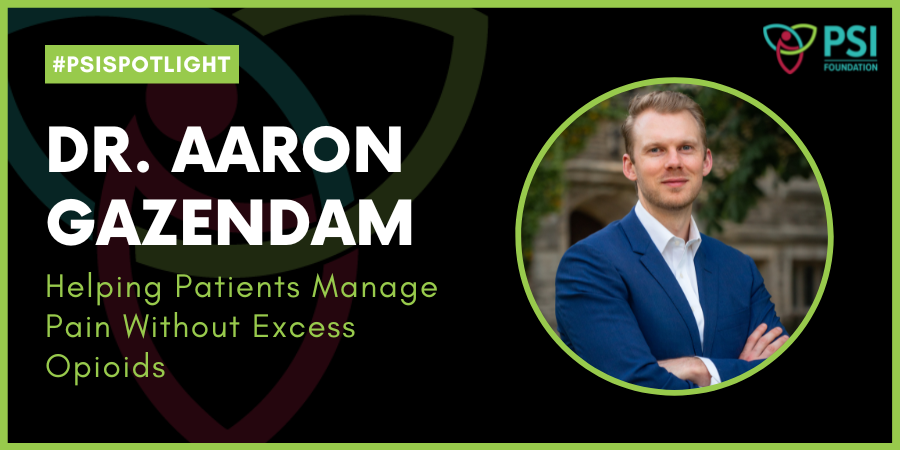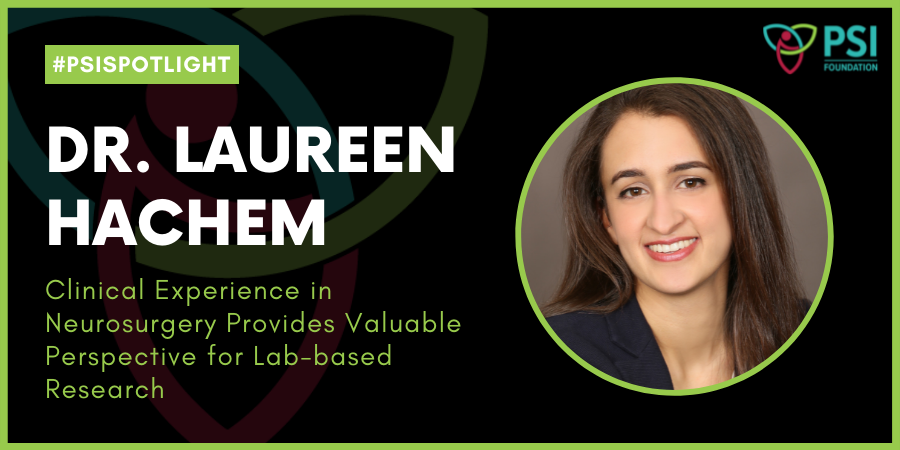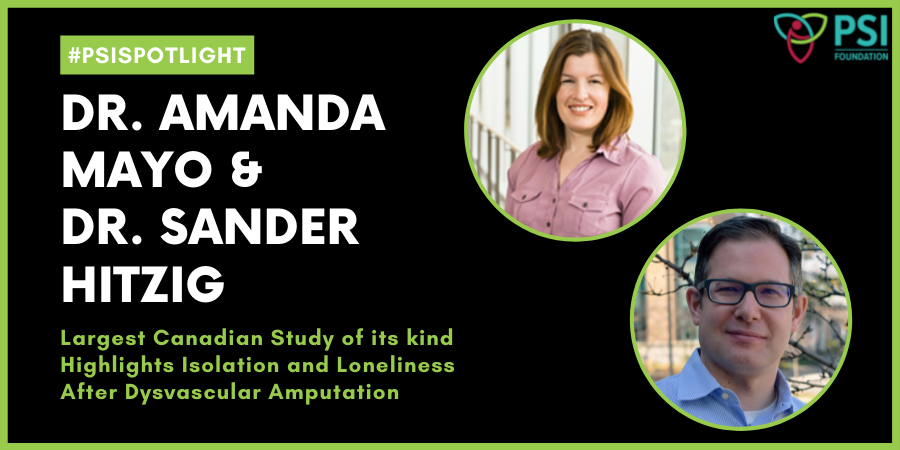Over the past several years, and particularly during the COVID-19 pandemic, opioid use disorder has been taking a significant toll on Canadians. According to the Public Health Agency of Canada, between January 2016 and December 2021, more than 29,000 people in Canada died from apparent opioid toxicity, and more than 30,000 hospitalizations were related to opioids.
As evidence has grown in recent years about the risk of opioid use, health care providers are being more careful and deliberate in prescribing opioids to reduce the risk that patients will become long-term opioid users. But this has been a particular challenge in orthopedic surgery.
Research has found that orthopedic surgeons prescribe more opioids than any other surgical specialty. Most patients receive an opioid prescription after surgery, often for more than they need.
“Recovery from these surgeries can be very painful, and as surgeons, there’s a fear that you’re sending patients home with not enough pain control and that they may end up in a pain crisis,” says Dr. Aaron Gazendam, an orthopedic surgery resident at McMaster University. “There’s also been a lack of high-quality research to prove that we can manage this pain without a lot of opioids.”
While working on a Master of Science in Health Research Methodology at McMaster during his residency, he co-led a clinical trial to examine the effectiveness of an opioid-sparing post-operative pain protocol following arthroscopic shoulder and knee surgery.
“Previous research has shown that there is a pretty strong correlation with that initial opioid prescription and the proportion of people who go on to develop chronic use,” says Dr. Gazendam. “We wanted to do an impactful study, and we felt that the results could be implemented after the study to support patients beyond those enrolled in trial.”
In 2021, Dr. Gazendam received a PSI Resident Research Grant to support the Non-Opioid Prescriptions after Arthroscopic Surgery in Canada (NO PAin) randomized controlled trial.
The research team, which included orthopedic surgeons and residents, enrolled 200 patients from three clinical sites in Canada who were undergoing outpatient shoulder or knee arthroscopic surgery. The patients were randomly assigned to one of two groups: the control group received the same prescriptions for opioids that they would typically receive outside of a trial, while the experimental, or “opioid-sparing,” group received a prescription for non-steroidal anti-inflammatories (NSAIDs) and acetaminophen, a “rescue prescription” for a small number of opioid pills they could fill if needed, and education about the risks of opioid medications.
At two and six weeks after the surgeries, the research team asked the patients how many opioid pills they used, how much pain they had, and how satisfied they were with their pain control.
They found that patients in the opioid-sparing group were prescribed and consumed significantly fewer opioids than the control group, yet patient-reported pain and patient satisfaction with pain control were not significantly different between the two groups. Importantly, only two people in the opioid-sparing group needed a refill on their opioid prescription, demonstrating that the opioid-sparing protocol was an effective way to manage pain.
“We included patients who were having major surgeries like ACL reconstruction and rotator cuff repairs, so we were in uncharted territory and unsure of how many refills we were going to get during the study,” says Dr. Gazendam. “Leaving patients without access to adequate pain control is a major concern for surgeons, so the fact that only a couple of people needed to refill their opioid prescription was a pleasant surprise.”
The research team now plans to publish the results and work with orthopedic and arthroscopy associations to develop guidelines and position statements that provide evidence-based information about pain management.
As Dr. Gazendam finishes his residency, he plans to specialize in orthopedic oncology and continue studying opioid use in oncology patients, who have very different medication needs and opioid use.
“The question for this project came directly out of our clinical experiences with patients. Being able to investigate questions that come up clinically that have little or no evidence is very rewarding,” says Dr. Gazendam. “The funding from PSI for the NO PAin trial has given me the opportunity to do meaningful and hopefully impactful research that I wouldn’t have had the opportunity to do otherwise.”



